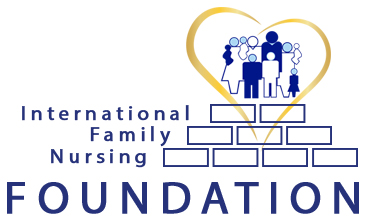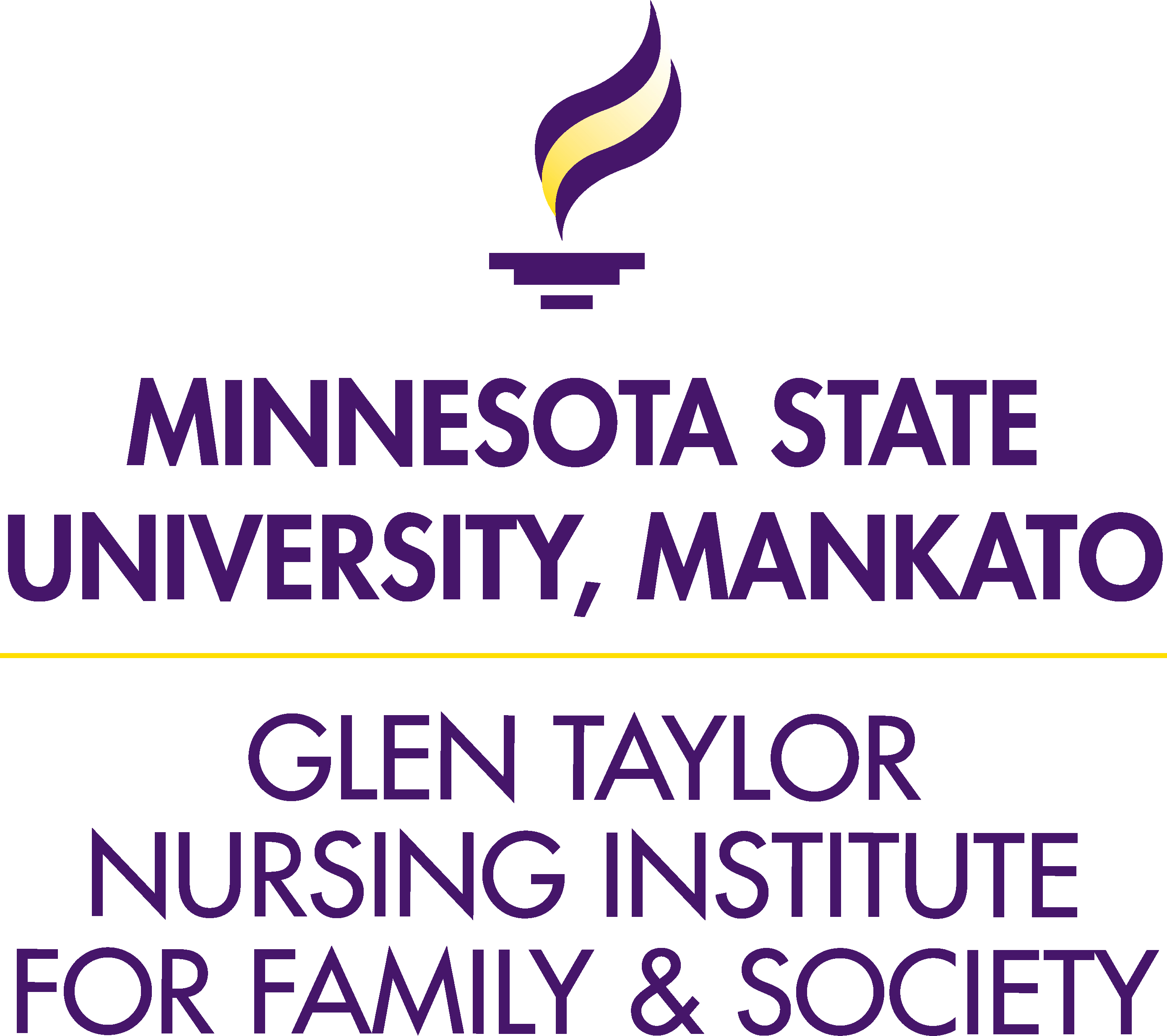Family Care of Aging Family Members in the Community in Japan and the U.S.
An educational briefcase, complete with lectures and resources to strengthen courses focused on family, public health, geriatrics, or international health systems in pre- or post-licensure curricula is available for your adoption. Briefcase components include teaching/curricular guides, lectures from gerontological experts from the U.S and Japan, and guides for small-group discussion. The educational briefcase is available open access using the links below.
The background: The Japan Foundation of New York supported the development of a cultural exchange educational workshop drawing on the expertise of family nurses and scholars in the U.S. and Japan. Two nursing organizations, the International Family Nursing Foundation and the Japanese Association for Research in Family Nursing, collaborated in developing this educational briefcase. Curricular design concepts were provided by IFNA members expert in curricular design.
Overall, the aim of the program was to address the health demands from a rapidly aging population in the U.S and Japan, using family-based approaches. Each country faces similar challenges in supporting the care for aging family members in the community. Our workshop was enriched by the unique cultural innovations, programs, and practices that address an aging population in the two countries.
The workshop addressed the following learning objectives:
- Describe trends in aging and the health of older adults in Japan and the U.S.
- Compare the health care systems of Japan and the U.S. in terms of care of older adults
- Analyze practice and clinical system features that support care of older adults and their families in the community in Japan and the U.S.
- Compare family-focused approaches to care of older adults living with dementia and other chronic conditions in Japan and the U.S.
- Identify family nursing competencies for care of older adults and their families
The briefcase includes:
- Recorded lectures focusing on population trends and health care systems in each country
- Recorded lectures focusing on competency-based, family-focused approaches for caring for older adults living with dementia or other chronic conditions.
- Curricular guidelines for each set of lectures, using an evidence-based approach for engaging diverse students in the material
- Guides for stimulating classroom discussion focused on the lectures.
Use the links below to access the Educational Briefcase materials.
Lecture 1 covering learning objectives 1 & 2
- Aging and Health Care for Older Adults in Japan (Fukahori / Sakka) https://youtu.be/tbXOBpurgIU
- Japanese Transcript Fukahori and Sakka
- Aging and Health Care for Older Adults in the U.S. (Anderson) https://youtu.be/kxJ6qgIVGHE
- Japanese Transcript Anderson
- US Transcript Anderson
- Transparent Assignment Design for Lecture 1
Lecture 2 covering learning objectives 3–5
- Aging and Health Care for Older Adults in the U.S. (Anderson) – Lecture 2 Presentation Video – https://youtu.be/ucMuRPyFoJo
- Japanese Transcript Anderson (Lecture 2)
- US Transcript Anderson (Lecture 2)
- Family Care of Older Adults in Japan (Fukahori / Sakka) Presentation Video – https://youtu.be/0DURY-xPTGE
- Japanese and US Transcription Fukahori
- Transparent Assignment Design Lecture 2
Additional materials
- Transparent Assignment Design Quick Guide
- Cultural Exchange Workshop Resources
- Neiman & Neiman ~ Engaging Students in Philosophy Texts
Presenters
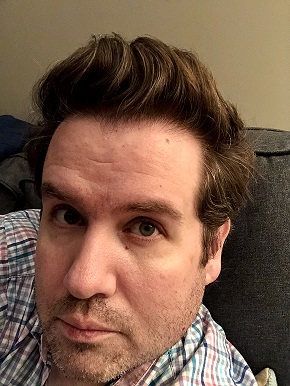
Joel G. Anderson, PhD, CHTP, FGSA, is an Associate Professor in the College of Nursing at the University of Tennessee. He holds a Doctor of Philosophy Degree in Nutrition from the University of North Carolina-Greensboro, a Bachelor of Science Degree in Biology from the University of North Carolina-Wilmington, and a certificate in Advanced Clinical Dementia Practice from the University of Michigan. Joel completed an NIH-funded postdoctoral research fellowship in the conduct of clinical research at the Center for the Study of Complementary and Alternative Therapies at the University of Virginia. He is an Adjunct Associate Professor at the Centre for Age-Related Medicine at Helse Stavanger in Stavanger, Norway. Joel’s research program focuses on non-pharmacological interventions for symptom management and caregiver support in Alzheimer’s disease and dementia care. This focus includes an exploration of the psychosocial impacts of dementia caregiving to develop person- and family-centered strategies to alleviate caregiver strain and improve quality of life. He currently leads several studies to examine family quality of life in dementia and issues related to caregiving, including the use of social media as part of the family caregiving experience and the unique needs of LGBTQIA+ caregivers and older adults. Joel has published over 80 peer-reviewed articles in numerous academic journals and is an elected fellow of the Gerontological Society of America. He is an active member of the International Dementia Scholars Collaborative and the International Family Nursing Association, as well as the Kappa Omicron Nu Honor Society and the Sigma Xi Scientific Research Society. Joel currently serves as a member of the Executive Committee for the Knox County Council on Aging.
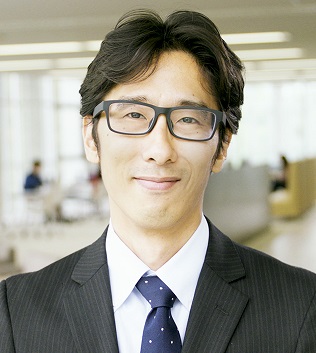
Hiroki Fukahori, PhD, RN, is a professor at the Faculty of Nursing and Medical Care, KEIO UNIVERSITY. His areas of expertise are gerontological nursing, family nursing, and nursing management. Recently, he published qualitative research on end-of-life nursing care in long-term care facility and developed complex intervention to improve end-of-life care in these settings. In addition to gerontological nursing research, he has conducted research on leadership and management in nursing, in collaboration with graduate students whom he mentored. The research topics include health-related quality of life of nurses, management of patient violence on nurses, leadership styles of nursing managers and Evidence-Based Practice in nursing. He is a counselor and an editorial board member of the Japanese Association for Research in Family Nursing.
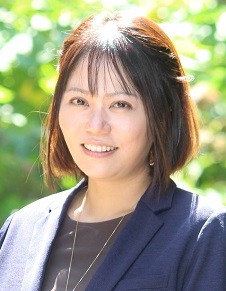
Mariko Sakka, PhD, RN, is an assistant professor at the Department of Long-Term Care Nursing, Graduate School of Health Sciences & Nursing, Faculty of Medicine, The University of Tokyo. She received a Doctor of Health Sciences (University of Tokyo) in 2017. Her research topic is work-life balance support for family caregivers of people living with dementia. In addition, she has researched as a co-researcher as follows: “Development of quality benchmarks” and “Care quality Assurance of community care system”.
Curricular guideline designers:
- Constance Kartoz, PhD, RN, FNP-BC; Associate Professor, School of Nursing and Exercise Science, The College of New Jersey.
- Norma Krumwiede, RN, PhD; Professor, Minnesota State University, Mankato and The Glen Taylor Family Nursing Institute for Family and Society, Mankato, Minnesota
- Tammy Neiman, RN, PhD; Associate Professor, Minnesota State University, Mankato and The Glen Taylor Family Nursing Institute for Family and Society, Mankato, Minnesota.
- Teresa Gutierrez Aleman, RN, PhD; Faculty of Nursing, Universidad de Navarra, Pamplona, Spain.
This workshop was sponsored by the International Family Nursing Foundation in co-operation with the Japanese Association for Research in Family Nursing.
The workshop was supported by a grant from The Japan Foundation of New York.
